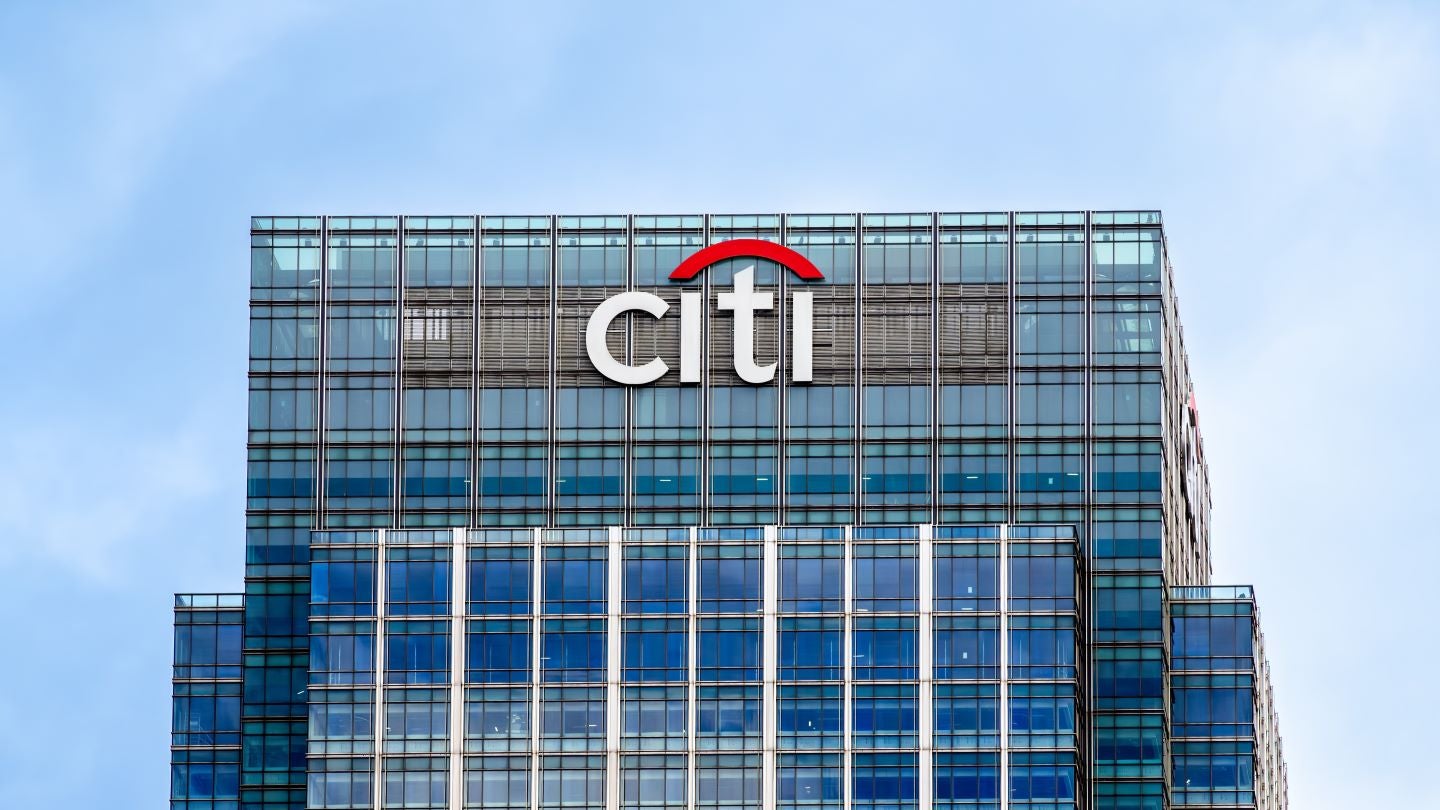
Citi has successfully met the Central Bank of Nigeria’s new capital requirements by injecting fresh capital into its Nigerian unit, reported Bloomberg.
The move ensures compliance with the N 200bn ($136m) threshold mandated for lenders with a national banking licence.

Access deeper industry intelligence
Experience unmatched clarity with a single platform that combines unique data, AI, and human expertise.
In an e-mailed statement to Bloomberg, the bank said: “With a strengthened balance sheet, Citi is ready to expand support for clients across priority sectors including infrastructure, energy and trade.
“It is a statement of confidence in Nigeria’s future and a deliberate investment in its next chapter of growth.”
Citi has been operating in Nigeria since 1984.
The Central Bank of Nigeria had previously increased the minimum capital requirement for lenders tenfold, aimed at strengthening the banking industry against risks such as high inflation, a weakening economy, and naira devaluation.

US Tariffs are shifting - will you react or anticipate?
Don’t let policy changes catch you off guard. Stay proactive with real-time data and expert analysis.
By GlobalDataNational banks were mandated to augment their capital from N25bn to N200bn , while international banks needed to raise theirs to N500bn from an earlier N50bn.
Last month, the Central Bank of Nigeria reported that 14 out of 36 financial institutions had met the new capitalisation standards, the news publication added.
Last month, Citi reached an agreement to offload a 25% stake in its Mexican retail banking subsidiary Banamex to an entity controlled by Fernando Chico Pardo and his family for approximately 42 billion pesos ($2.3bn).
Banamex operates an extensive network, including around 1,300 branches and 9,000 ATMs, and serves a client base across retail, commercial banking, and pension fund management.
The divestment of Banamex is a strategic move for Citi, with the company emphasising that the proposed initial public offering (IPO) for Banamex will depend on market conditions and regulatory approvals.






